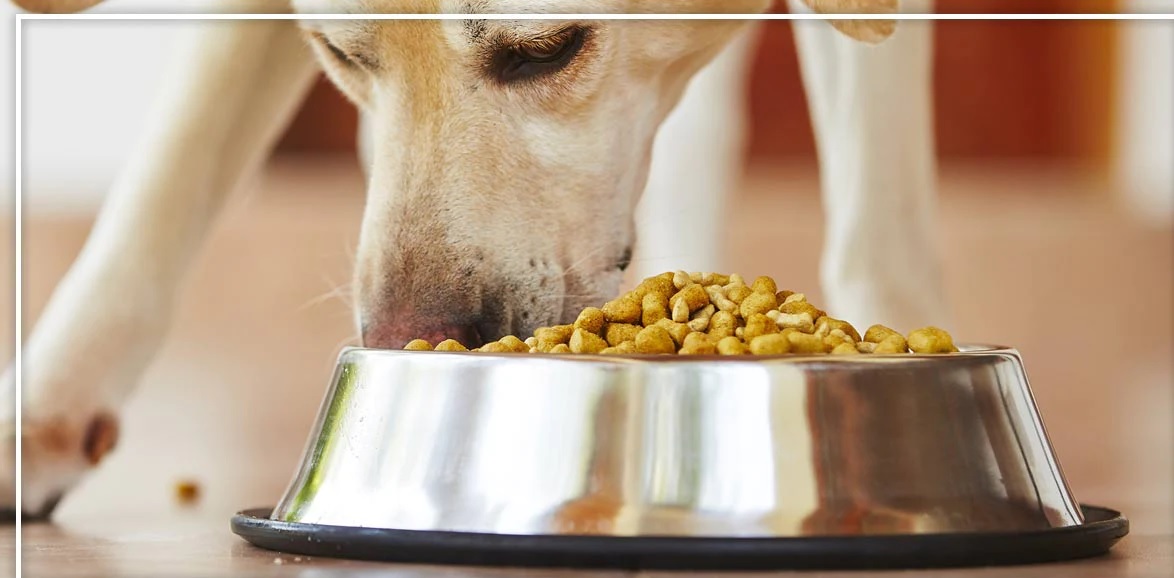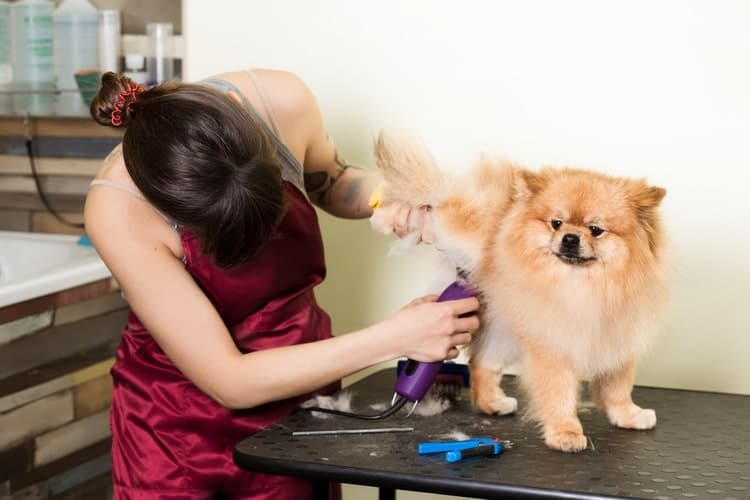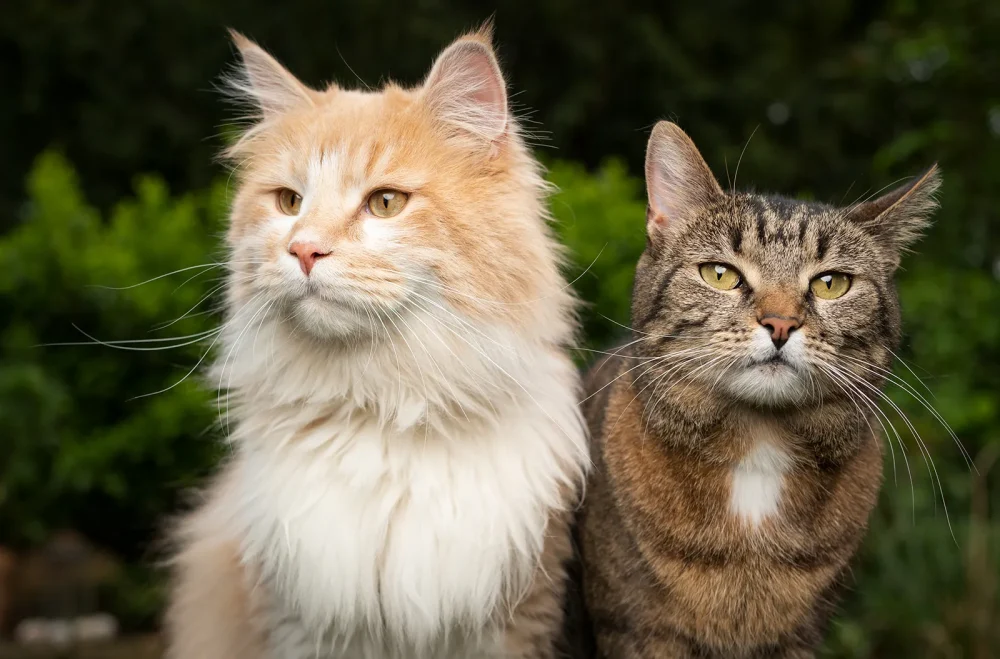The Essentials of Pet Care: A Comprehensive Guide to Keeping Your Companion Healthy and Happy

Pets enrich our lives with their love, companionship, and unique personalities. Whether you’re a new pet owner or have years of experience, caring for a pet is a rewarding but significant responsibility. Proper pet care is essential not only for your animal’s well-being but also for fostering a lasting bond between you and your companion. In this article, we will explore the key aspects of pet care, from diet and exercise to grooming, mental health, and medical needs.
Understanding the Basics of Pet Care
Owning a pet comes with both joy and responsibility. The primary goal of pet care is to ensure that your pet is healthy, happy, and comfortable. This involves more than just feeding and walking them—it extends to understanding their needs, behaviors, and providing them with an enriching environment. Whether you have a dog, cat, bird, or even a reptile, the essentials of care remain similar, albeit with species-specific adjustments.
Creating a Safe and Comfortable Living Space
A safe and comfortable living environment is the foundation of good pet care. Pets need a space where they can feel secure, relaxed, and free from danger. For dogs and cats, this may mean setting up a designated sleeping area, like a bed or crate, in a quiet part of the home. For smaller animals, such as rabbits or guinea pigs, a well-equipped cage with ample space for exercise is necessary.
For pets that roam freely, like cats, ensure that the home is pet-proofed. Remove hazards such as toxic plants, electrical cords, and any other potential dangers. Outdoor pets, such as dogs, should have secure fencing to prevent escapes or dangerous interactions with other animals.
The Importance of Nutrition: Feeding Your Pet the Right Way
Proper nutrition is a key component of pet care. Just like humans, pets require a balanced diet to maintain good health. The nutritional needs of pets vary by species, breed, age, and size, so it’s important to provide food that is specifically designed for your pet’s requirements.
Selecting the Right Food
For dogs and cats, high-quality commercial pet food is often the most reliable option, as it is formulated to meet their specific dietary needs. When selecting pet food, consider factors such as:
-
Age: Puppies and kittens require food that supports growth and development, while adult and senior pets have different caloric and nutritional needs.
-
Breed and Size: Larger breeds, such as Great Danes, may require different formulations than smaller breeds, like Chihuahuas, to support their unique metabolic rates.
-
Health Conditions: Pets with specific health issues, such as allergies, obesity, or kidney disease, may require special diets recommended by veterinarians.
In addition to commercial food, some pet owners opt for homemade diets or raw food options. While these can offer more control over ingredients, it’s essential to ensure they are nutritionally balanced. Always consult your veterinarian before making any changes to your pet’s diet.
Regular Feeding Schedule
Establishing a consistent feeding schedule helps regulate your pet’s metabolism and creates a sense of security. For dogs, this typically means feeding them twice a day, while cats may be fed once or twice depending on their preferences. For small animals, such as rabbits and guinea pigs, fresh hay and vegetables should be available throughout the day, with additional feeding of pellets or treats as necessary.
Exercise and Mental Stimulation: Keeping Your Pet Active
Pets need physical and mental stimulation to stay healthy, happy, and engaged with their surroundings. A lack of exercise can lead to obesity, anxiety, and other health issues. Regular playtime and mental challenges are just as important as physical activity.
Exercise Requirements
Different pets have varying exercise needs. For example, high-energy dogs, such as Border Collies or Retrievers, require more intensive physical exercise, like daily runs or play sessions. Conversely, smaller breeds or older pets may only require moderate walks or light playtime.
Cats are more independent when it comes to exercise but still benefit from interactive play. Provide them with toys that encourage them to chase, pounce, and jump. Laser pointers, feather wands, and puzzle feeders can keep your feline friend mentally stimulated and physically active.
For smaller pets like rabbits, guinea pigs, or hamsters, an exercise wheel, tunnels, and other stimulating toys can help promote physical activity. Make sure their living space is large enough for them to move freely and safely.
Mental Stimulation
Pets also need mental stimulation to prevent boredom. Puzzle toys, treat-dispensing gadgets, and interactive play can help keep their minds sharp. Dogs and cats can both benefit from basic training, which not only strengthens the bond between you and your pet but also provides mental exercise. For cats, activities like puzzle feeders or hiding treats around the house can stimulate their natural hunting instincts.
Grooming: Keeping Your Pet Clean and Comfortable
Grooming is another important aspect of pet care. Regular grooming helps prevent health issues, such as skin infections, matting, or dental problems. The grooming needs of pets vary depending on their breed, coat type, and size.
Bathing and Coat Care
Dogs with long coats or those that shed excessively may require frequent brushing to keep their fur clean and free from tangles. Breeds like Poodles and Shih Tzus, which have hair instead of fur, may require regular professional grooming to keep their coats manageable. Cats, on the other hand, typically groom themselves but may still require brushing to help remove loose fur, especially during shedding seasons.
Bathing should be done as needed, but over-bathing can strip a pet’s skin of essential oils. Use pet-safe shampoos and conditioners to avoid skin irritation. For smaller animals, such as rabbits and guinea pigs, regular brushing is essential to prevent their coats from becoming matted or dirty.
Nail Trimming and Dental Care
Nail trimming is an important aspect of grooming for both dogs and cats. If a pet’s nails grow too long, they can become painful or lead to infections. Depending on your pet’s activity level, nails should be trimmed every few weeks. Some pets may need more frequent nail care, while others may naturally wear down their nails through regular exercise.
Dental care is another often overlooked aspect of pet grooming. Dogs and cats, particularly those with smaller or crowding teeth, are prone to dental disease. Brushing your pet’s teeth regularly with pet-safe toothpaste can prevent plaque buildup and reduce the risk of gum disease. Dental chews and toys can also help maintain oral health.
Veterinary Care: Keeping Your Pet Healthy
Regular veterinary visits are crucial for maintaining your pet’s health and addressing potential health concerns early. Routine checkups allow your veterinarian to monitor your pet’s weight, dental health, and overall well-being.
Vaccinations and Preventative Care
Vaccinations are essential for protecting your pet from preventable diseases. Puppies and kittens typically receive a series of vaccinations during their first year of life, and booster shots are required throughout their lifetime. Flea, tick, and heartworm prevention are also vital components of routine veterinary care. Discuss with your vet to determine the appropriate schedule for vaccinations and preventative treatments based on your pet’s lifestyle.
Spaying/Neutering
Spaying or neutering your pet is a responsible part of pet care. Not only does it prevent unwanted pregnancies, but it can also reduce the risk of certain health conditions, such as cancer, and curb behavioral problems, such as aggression or territorial marking.
Emergency Preparedness
Being prepared for emergencies is crucial. Keep your pet’s medical history, vaccination records, and emergency contacts easily accessible. It’s also wise to have a first aid kit specifically for pets, which includes items such as gauze, antiseptic wipes, and bandages. Knowing the nearest emergency veterinary clinic and having a plan in place can make all the difference in a time of crisis.
Conclusion: A Lifelong Commitment to Pet Care
Pet care is a lifelong commitment that requires time, effort, and love. By focusing on proper nutrition, exercise, grooming, and veterinary care, you can ensure that your pet enjoys a long, healthy, and happy life. Whether you have a playful dog, a curious cat, or a small animal, the bond between you and your pet is one that is built on trust and mutual care. Taking the time to understand and meet your pet’s needs is not only an act of responsibility but also a rewarding experience that enriches both your life and theirs.
Everything You Should Know About Pet Foods And Healthcare
January 25, 2023
-
Benefits and Varieties of Dog Balls
August 29, 2020 -
Cat Food For Urinary System Health of Cats
March 20, 2019
Latest Posts
Recent Posts
- The Enigmatic Charm of Cats: Understanding the Feline Mystique July 17, 2025
- The Essential Guide to Pet Food: Navigating Nutrition for Your Furry Companion July 11, 2025
- The Extraordinary Connection Between Dogs and Humans: Exploring the Unbreakable Bond July 10, 2025
- The Art of Pet Care: Nurturing Health, Happiness, and Longevity for Your Furry Companion July 9, 2025
- The Extraordinary Realm of Animals: A Glimpse into Nature’s Magnificent Diversity July 7, 2025
Archives
- July 2025 (5)
- June 2025 (4)
- May 2025 (3)
- December 2024 (1)
- May 2024 (1)
- March 2024 (1)
- November 2023 (1)
- September 2023 (1)
- August 2023 (2)
- June 2023 (1)
- May 2023 (1)
- March 2023 (1)
- February 2023 (1)
- January 2023 (1)
- December 2022 (1)
- August 2022 (3)
- July 2022 (1)
- April 2022 (2)
- February 2022 (1)
- December 2021 (1)
- June 2021 (1)
- March 2021 (1)
- February 2021 (2)
- January 2021 (1)
- December 2020 (1)
- August 2020 (1)
- July 2020 (2)
- June 2020 (2)
- April 2020 (1)
- March 2020 (1)
- February 2020 (3)
- January 2020 (1)
- December 2019 (1)
- November 2019 (2)
- October 2019 (3)
- September 2019 (2)
- July 2019 (6)
- June 2019 (4)
- May 2019 (7)
- April 2019 (4)
- March 2019 (4)
- February 2019 (7)
- January 2019 (3)









